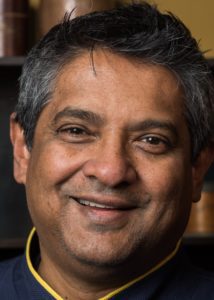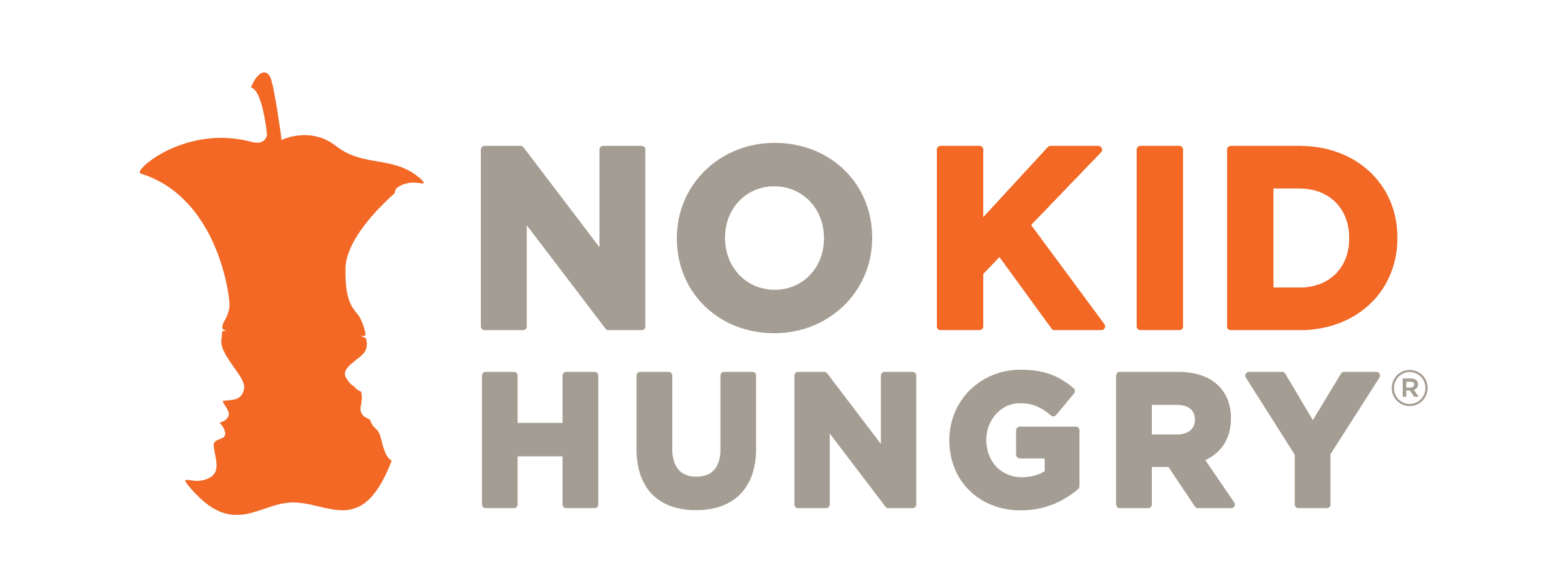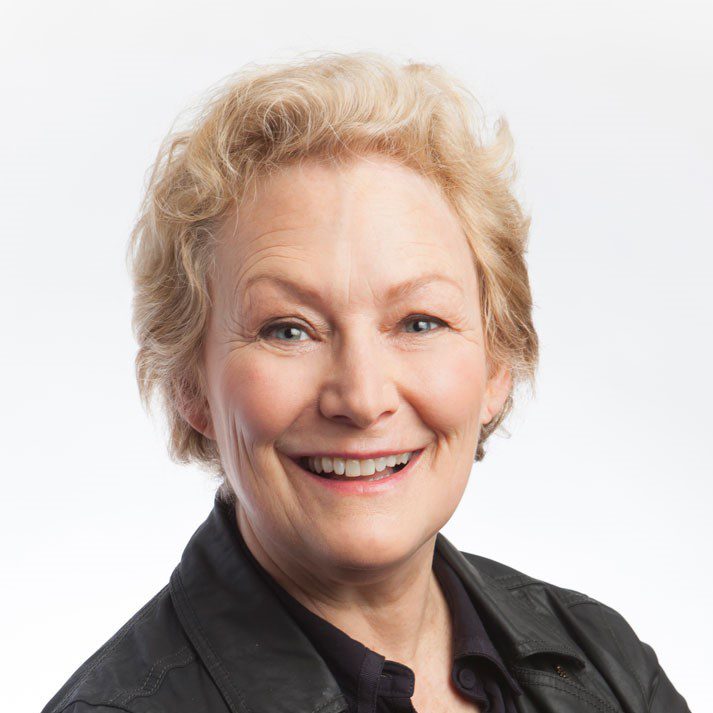
The World is Watching: New Ideas in the Fight Against Hunger (Part II)
This week’s episode picks up where last week’s conversation left off. The World Food Programme’s Carmen Burbano, chef Floyd Cardoz...
About This Episode
This week’s episode picks up where last week’s conversation left off. The World Food Programme’s Carmen Burbano, chef Floyd Cardoz and Billy Shore delve more deeply into international school feeding programs, cooking with indigenous foods, and the role chefs can play in bringing attention to these issues. “Every country in the world is trying to feed its school children. Keeping kids, specifically girls, in school can really be the key to… stopping the cycle of poverty and hunger,” says Burbano. Cardoz discusses how chefs can shine a spotlight on an issue. “Chefs do have a voice now. These [TV] shows are making us superstars, but no matter which show we are on, we care about what we do, we care about feeding and keeping people happy,” says Cardoz.Resources and Mentions:

Carmen Burbano
The Director of the United Nations World Food Programme’s (WFP) School Feeding Division and lead author of the WFP publication, State of School Feeding Worldwide (2013). Prior to that she was a country director for the WFP for 14 years, stationed in Peru. In 2010, she earned a Master of Public Administration from Harvard Kennedy School.

Floyd Cardoz
Chef Floyd Cardoz
an Indian-American chef, cookbook writer and restaurant owner, who runs restaurants both in India and United States. Cardoz opened Paowalla in New York’s Soho neighborhood, focusing on small plates to redefine approachable Indian cuisine. In 2018, he closed Paowalla, redesigned it with a more casual, festive atmosphere, and reopened it as Bombay Bread Bar. He also owns two restaurants in Mumbai, India, The Bombay Canteen, which rose to local and international acclaim and O Pedro. Cardoz attended culinary school in Mumbai and then The Global Hospitality Management School at Les Roches in Switzerland to broaden his knowledge of international cuisines. He moved to New York City in 1988 and started working under Chef Gray Kunz at Lespinasse. In 1997, he left to work with Union Square Hospitality Group, for which he opened groundbreaking, fine-dining Indian restaurant Tabla, and later El Verano Taquería and North End Grill. In 2012, Cardoz won season 3 of Bravo’s “Top Chef Masters.” He donated his winnings to the Young Scientist Cancer Research Fund at The Icahn School of Medicine at Mount Sinai. He has received the James Beard Award for “Humanitarian of the Year” in honor of his continued commitment to community engagement.

No Kid Hungry
http://nokidhungry.org/Share Our Strength’s No Kid Hungry campaign is ending child hunger in America by ensuring all children get the healthy food they need, every day.
The Bombay Bread Bar
Chef Floyd Cardoz’s love letter to the glorious food and culture of his native India, serving riffs on Bombay’s street foods and traditional dishes reimagined. Nestled in the heart of Soho in New York City, the colorful and vibrant space was designed by set decorator Kris Moran, a longtime member of movie director Wes Anderson’s creative team.
The Bombay Canteen
A café and bar that is Indian at heart. Housed within the bustling metropolis of Mumbai, it prides itself on recreating local dishes and reinterpreting age-old Indian traditions, to create an experience that toasts the old times and celebrates the new. The kitchen presents the classic yet unexplored charm of India’s diverse regions, marrying them expertly with familiar flavors. And the bar, a great place to hang out at The Bombay Canteen, has a unique selection of reimagined classic cocktails with firm Indian roots.
O Pedro
A Goan Bar and restaurant in Mumbai, India. Focusing on the culture of the Goa region of India with drinks that bring back the fun of tropical living and simple yet sophisticated food that reflects the regions culinary diversity.
The World Food Programme
(WFP) assists 91.4 million people in around 83 countries each year. The WFP is the leading humanitarian organization saving lives and changing lives, delivering food assistance in emergencies and working with communities to improve nutrition and build resilience. As the international community has committed to end hunger, achieve food security and improved nutrition by 2030, one in nine people worldwide still do not have enough to eat. Food and food-related assistance lie at the heart of the struggle to break the cycle of hunger and poverty. On any given day, WFP has 5,000 trucks, 20 ships and 92 planes on the move, delivering food and other assistance to those in most need. Every year, we distribute more than 15 billion rations at an estimated average cost per ration of US$ 0.31.
School Feeding Program
In 2017, WFP implemented or supported school feeding programs in 71 countries. It directly provided school meals to 18.3 million children in 60 countries. It also built the capacities of 65 governments, which led to improved national school feeding programs for another 39 million children.


